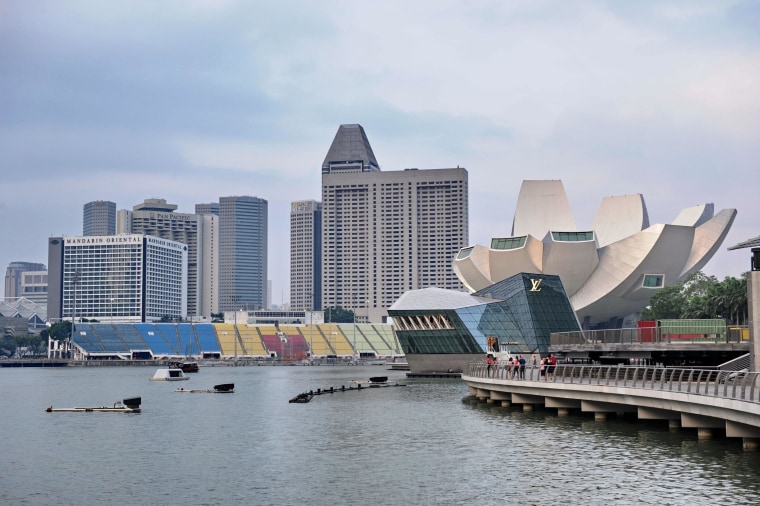Singapore has become the world's most expensive city to live in, according to the Economist Intelligence Unit's 2014 Worldwide Cost of Living Survey.
The EIU said the world's ten most expensive cities are: Singapore, Paris, Oslo, Zurich, Sydney, Caracas, Geneva, Melbourne, Tokyo and Copenhagen.

Singapore, which was the world's 18th most expensive city ten years ago, has steadily crept up the rankings on the back of a strong currency, the high cost of owning a car and soaring utility bills.
"Transport costs in Singapore are almost three times higher than in New York," the report said. "In addition, as a city-state with very few natural resources to speak of, Singapore is reliant on other countries for energy and water supplies, making it the third most expensive destination for utility costs."
And according to the EIU, Singapore is also the most expensive place in the world to buy clothes given an influx of luxury brands and expensive shopping malls and boutiques.
The EIU's cost of living survey is a relocation tool that uses New York, the world's 26th most expensive city, as a base. The survey compares prices on a range of goods and services such as food, drink, clothing, rent and utility bills across 131 cities.
